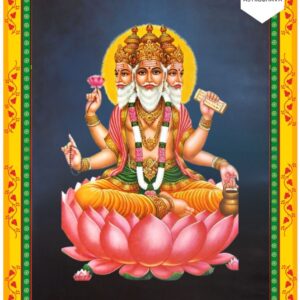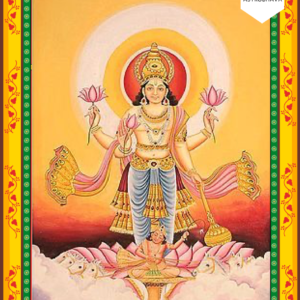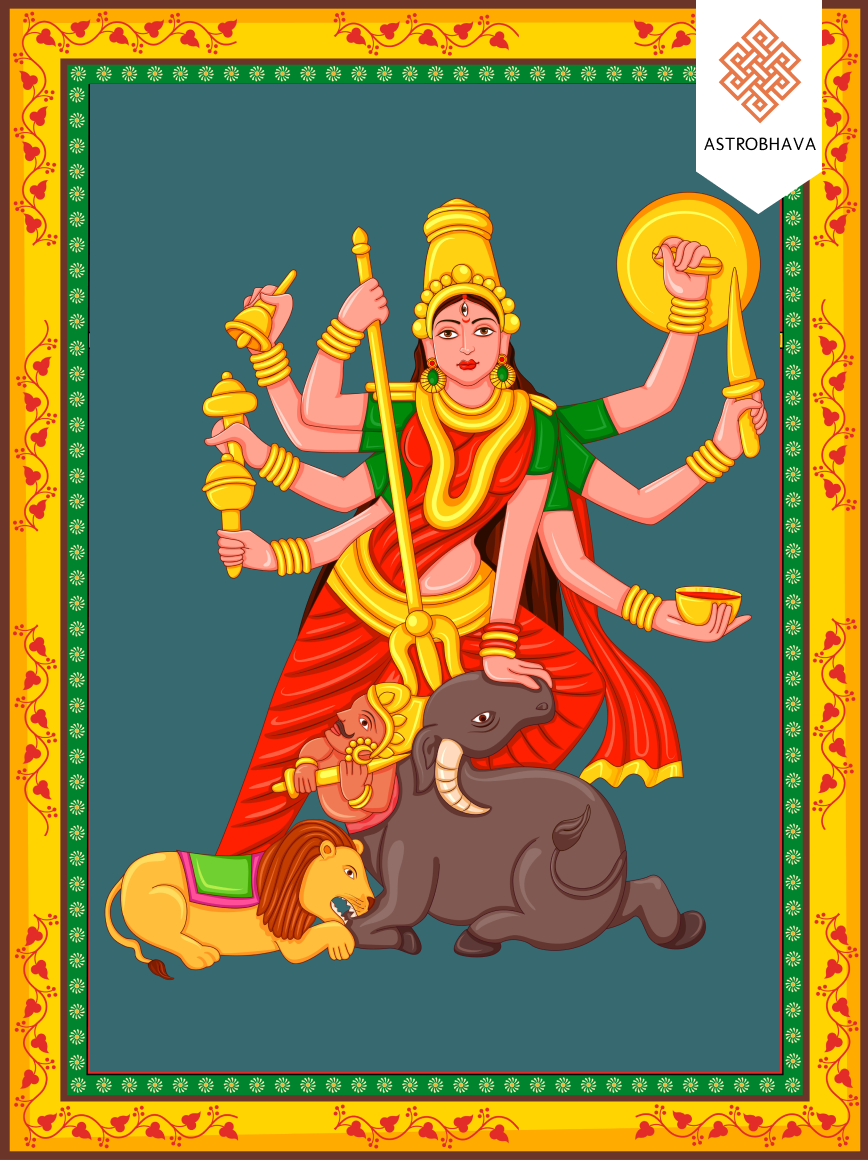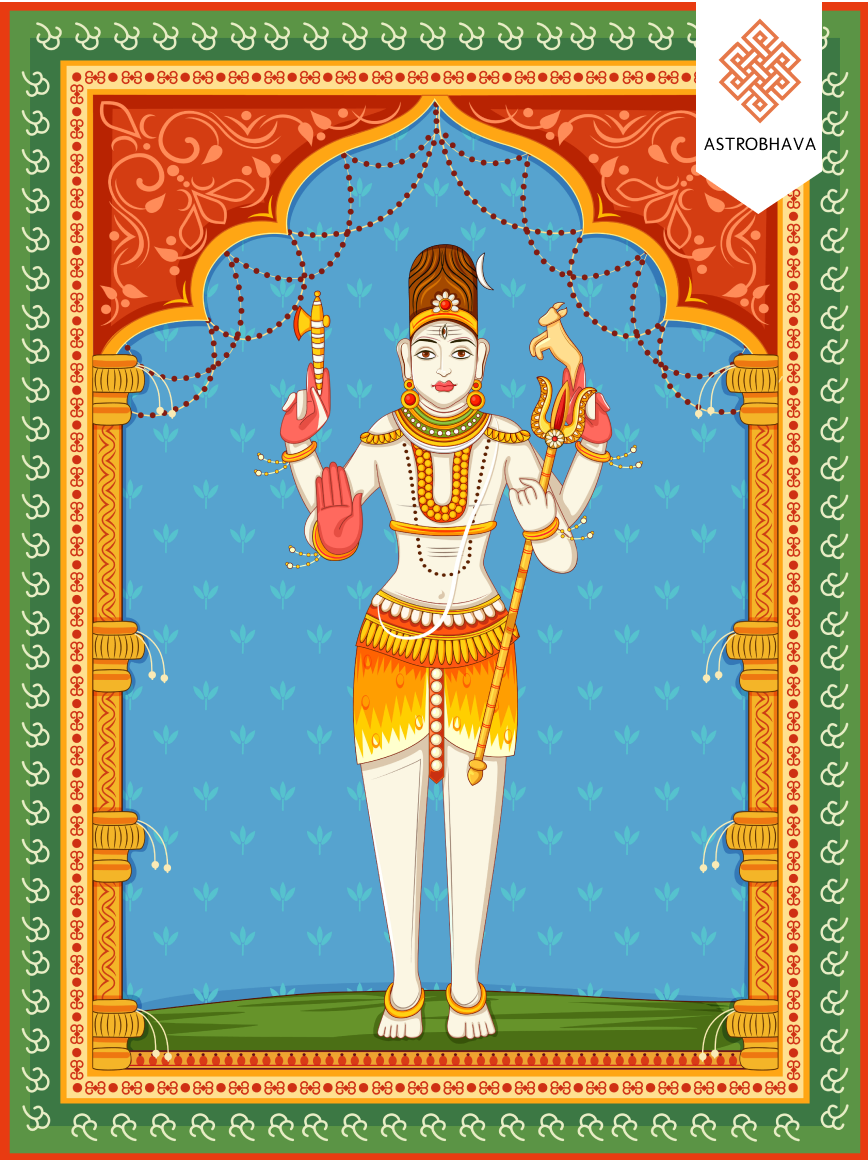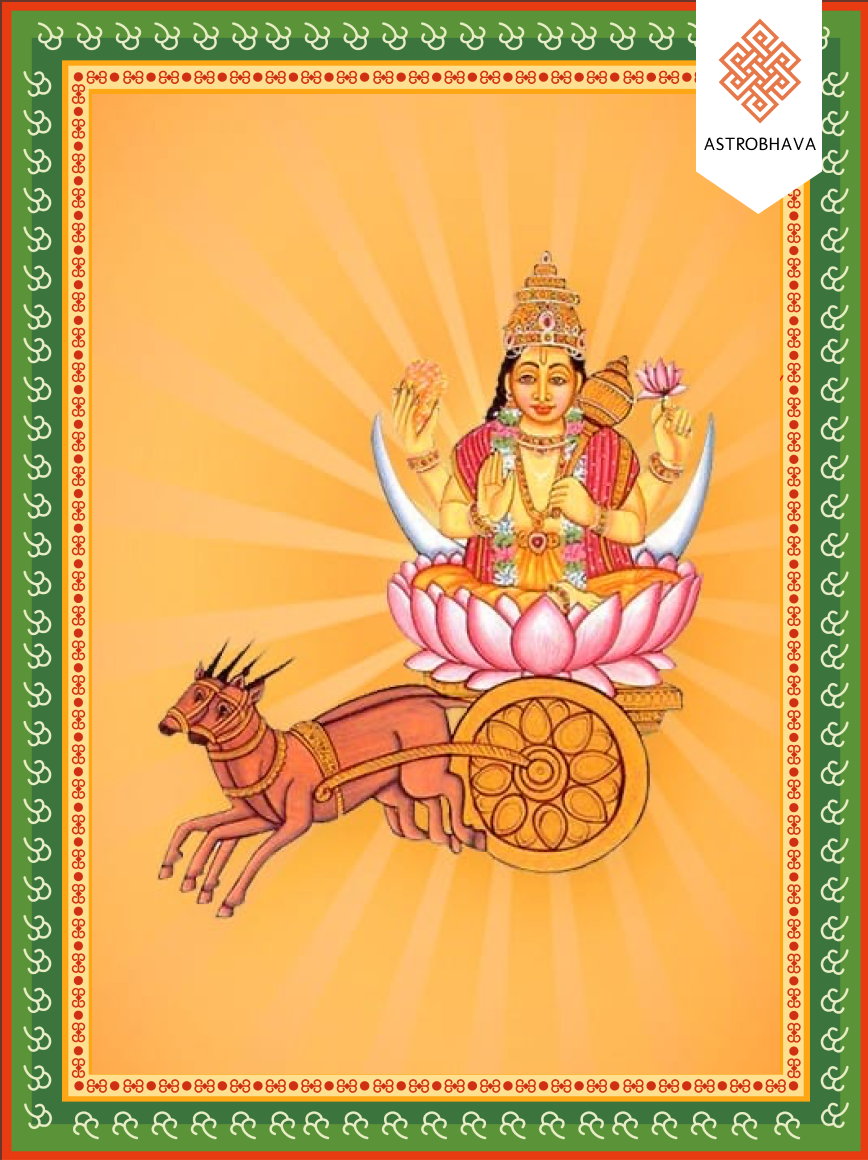
Poornima Tithi 2025
Poornima Tithi 2025
Poornima, also known as Full Moon day, holds a special place in many spiritual and cultural traditions. It is a day often associated with heightened energy, emotional clarity, and spiritual growth. Celebrated across various cultures, Poornima is revered for its transformative powers, believed to purify the mind and soul. Many choose to observe fasting or undertake spiritual practices on this day, aiming for inner peace, prosperity, and enhanced well-being.
Poornima’s Significance: Poornima symbolizes the completion of the lunar cycle, representing fullness and culmination. During Poornima, the moon is fully illuminated, symbolizing enlightenment, illumination, and the shedding of ignorance. It is believed that the full moon energy impacts both the physical and emotional aspects of individuals, allowing deeper insights, increased calmness, and a greater sense of connection. Poornima is also associated with compassion, as it encourages people to practice forgiveness, charity, and humility.
“Facing challenges from enemies or conflicts?
Invoke divine blessings for victory—Book Sathru Samhara Homa today!”
Mantras to Chant During Poornima:
- Chandra Gayatri Mantra: This mantra is dedicated to the moon, promoting calmness, peace, and emotional balance.
- Mantra:
“Om Padmasanaya Vidmahe Hema-roopaya Dheemahi Tanno Chandra Prachodayat”
- Mantra:
- Om Namah Shivaya: This powerful mantra invokes Lord Shiva’s blessings, encouraging inner peace and spiritual strength.
- Mantra:
“Om Namah Shivaya”
- Mantra:
- Om Somaya Namah: Dedicated to Chandra (Moon), this mantra helps in achieving calmness and aligning with lunar energy.
- Mantra:
“Om Somaya Namah”
- Mantra:
- Satyanarayana Mantra: Used during Satyanarayana Puja, often performed on Poornima for prosperity and well-being.
- Mantra:
“Om Namo Bhagavate Vasudevaya”
- Mantra:
Poornima Tithi 2025
| Month | Purnima Tithi Start and End Times (Chennai, India) |
| January | Starts: January 13, 5:03 AM |
| Ends: January 14, 3:56 AM | |
| February | Starts: February 11, 6:56 PM |
| Ends: February 12, 7:23 PM | |
| March | Starts: March 13, 10:36 AM |
| Ends: March 14, 12:24 PM | |
| April | Starts: April 12, 3:22 AM |
| Ends: April 13, 5:52 AM | |
| May | Starts: May 11, 8:02 PM |
| Ends: May 12, 10:25 PM | |
| June | Starts: June 10, 11:36 AM |
| Ends: June 11, 1:13 PM | |
| July | Starts: July 10, 1:37 AM |
| Ends: July 11, 2:06 AM | |
| August | Starts: August 8, 2:12 PM |
| Ends: August 9, 1:25 PM | |
| September | Starts: September 7, 1:41 AM |
| Ends: September 7, 11:38 PM | |
| October | Starts: October 6, 12:24 PM |
| Ends: October 7, 9:17 AM | |
| November | Starts: November 4, 10:36 PM |
| Ends: November 5, 6:49 PM | |
| December | Starts: December 4, 8:38 AM |
| Ends: December 5, 4:44 AM |
“Need blessings for healing and success?
Ensure spiritual and physical well-being—Book Rudra Homa online now!”
Poornima Remedies: To harness Poornima’s spiritual energy, here are some suggested remedies:
- Offering food to those in need on Poornima is a highly recommended act of kindness. It fosters compassion, enhances good karma, and invokes blessings.
- Pouring water to the moon in the evening is believed to balance emotional energies and bring mental clarity.
- Chandra Homa, This ritual honors the Moon, purifying one’s thoughts and enhancing calmness. It’s said to mitigate emotional disturbances and improve focus.
- Shiva Homa, Dedicated to Lord Shiva, this homa seeks blessings for protection and spiritual clarity. Poornima is a potent time for invoking Shiva’s energy, which calms and strengthens the mind.
- Satyanarayana Puja: Performed on Poornima, this puja brings prosperity, peace, and success. It is one of the most widely practiced forms of worship on full moon days.
- Durga Puja: Praying to Goddess Durga on Poornima is believed to protect against negativity and bless the devotee with strength and wisdom.
Benefits of Poornima Fasting: Poornima fasting is highly regarded for its spiritual and physical benefits:
Poornima, or the Full Moon day, is considered an auspicious time for spiritual practices, reflection, and fasting. Observing a fast on this day holds a significant place in various spiritual traditions and is believed to offer numerous benefits for both body and mind. Here are ten key benefits of Poornima fasting, exploring how this practice can promote well-being, inner peace, and spiritual growth.
- Emotional Balance and Calmness
Fasting on Poornima is thought to align one’s energy with the moon’s calm and gentle influence, which can have a soothing effect on emotions. The full moon often amplifies existing emotions, and by observing a fast, individuals can avoid disturbances from heavy foods or stimulants that might disrupt their emotional state. Poornima fasting promotes emotional stability, helping individuals better manage mood swings, stress, and anxiety. This practice allows one to stay more centered, grounded, and at peace, making it an ideal time for meditation and inner reflection. - Physical Detoxification
One of the significant benefits of fasting on Poornima is its effect on physical health through detoxification. By abstaining from food or limiting intake, the body gets a chance to cleanse itself naturally. Fasting gives the digestive system a rest, allowing it to flush out toxins, improve digestion, and enhance nutrient absorption in subsequent meals. This process not only promotes physical health but also leads to a feeling of lightness and vitality, which complements the moon’s subtle energy on this day. - Improved Focus and Mental Clarity
Fasting helps clear the mind and sharpen concentration. By abstaining from solid foods or consuming only light foods like fruits and milk, individuals avoid the lethargy often associated with heavy meals, leading to enhanced focus and clarity. Poornima is considered an ideal day for setting intentions and reflecting on one’s goals. The clarity gained through fasting enables individuals to gain insights and make decisions with a clearer perspective, contributing to personal and spiritual growth. - Spiritual Growth and Self-Discipline
Poornima fasting is not only about physical abstinence but also about self-discipline and inner reflection. Observing this fast requires one to exercise self-control and a mindful approach to eating and behavior, which cultivates inner strength and discipline. Many believe that this self-restraint helps break attachment to food and material comforts, promoting a sense of detachment and spiritual growth. Poornima’s heightened lunar energy enhances meditation and self-awareness, making this an opportune time to go within and nurture spiritual development. - Enhanced Intuition and Self-Awareness
It is widely believed that the full moon heightens intuition and sensitivity to subtle energies. Fasting on Poornima allows individuals to tune into their intuition and connect with their inner voice. This day often provides a sense of heightened awareness, and through fasting, individuals can become more receptive to their intuition, making it easier to connect with their inner guidance. This practice fosters a deeper understanding of one’s true self and encourages greater self-awareness, leading to meaningful insights and clarity in life. - Boosted Metabolism and Improved Digestion
Regular fasting has been shown to benefit metabolic health, and observing a fast on Poornima can improve digestion and boost metabolism. By giving the digestive system a rest, the body can reset and improve its efficiency in processing nutrients. The practice of fasting can also reduce bloating, indigestion, and other gastrointestinal issues, leading to better digestive health over time. When practiced consistently, Poornima fasting can support weight management and overall metabolic function, contributing to long-term wellness. - Inner Peace and Tranquility
Poornima is a day of completion and fullness, and by fasting, individuals can experience a profound sense of peace and tranquility. The calm energy of the full moon is believed to influence the mind and emotions positively. Through fasting and engaging in meditative practices, individuals often feel a sense of contentment and calm that allows them to connect with a deeper sense of inner peace. This peaceful state provides an opportunity for self-reflection and emotional healing, as individuals let go of stress and embrace calmness. - Aura Cleansing and Positive Energy
Observing a Poornima fast is also associated with aura cleansing and attracting positive energy. Fasting on this day is believed to purify one’s energy field, helping dispel negative energies and influences. By aligning with the moon’s energy and engaging in positive practices like meditation, chanting, or prayer, individuals strengthen their aura, creating a shield of positivity. This purification process not only benefits one’s spiritual well-being but also helps enhance relationships and bring harmony to daily life. - Improved Immunity and Physical Health
Fasting gives the body a break from constant digestion, allowing it to focus on other processes, such as repair and regeneration. Studies have shown that fasting can help boost the immune system, reduce inflammation, and improve physical health. By giving the body a chance to rest and rejuvenate, Poornima fasting contributes to better immunity, making individuals less susceptible to illnesses. Over time, fasting has also been shown to improve heart health, reduce cholesterol levels, and enhance the body’s natural defense mechanisms. - Increased Compassion and Gratitude
Observing a fast on Poornima cultivates qualities of compassion and gratitude. Through the act of fasting, one becomes more aware of the privileges of daily life, fostering a sense of appreciation for basic needs. Many people also perform acts of charity on Poornima, such as feeding the needy or making donations. This practice not only brings joy and fulfillment but also strengthens compassion and empathy. Fasting helps individuals connect with others on a deeper level, encouraging kindness and humility, and promoting positive interpersonal relationships.
“Need protection and growth in personal or professional life?
Remove hurdles with divine intervention—Book Aghora Pasupatha Homa online now!”
Frequently Asked Questions about Poornima:
- Why is Poornima significant in many spiritual traditions?
- Poornima symbolizes completion and illumination, making it a powerful day for meditation, forgiveness, and connecting with one’s higher self.
- What rituals are commonly practiced on Poornima?
- People often observe fasting, charity, homas, and prayers to honor the moon and seek blessings.
- What is the benefit of observing a Poornima fast?
- Poornima fasting promotes physical health, mental clarity, and spiritual growth. It aligns one’s energies with the lunar cycle.
- Is it necessary to fast for a whole day on Poornima?
- No, individuals can choose the type of fasting that suits them best, such as partial fasting or only consuming fruits and water.
- Can Poornima fasting benefit health?
- Yes, Poornima fasting can detoxify the body, improve metabolism, and rejuvenate the mind.
- Which deity should one worship on Poornima?
- Many worship the moon, Lord Shiva, or conduct Satyanarayana Puja on Poornima to gain blessings.
- What is the significance of Chandra Homa on Poornima?
- Chandra Homa is believed to balance emotions and clear mental fog, as the moon influences the mind.
- Can meditation be practiced on Poornima?
- Yes, meditation on Poornima enhances inner peace and aligns one’s energies with the lunar vibrations.
- Why do people offer water to the moon on Poornima?
- Offering water to the moon is an act of gratitude, believed to calm the mind and balance emotions.
- What types of charity are considered auspicious on Poornima?
- Offering food, clothes, or other essentials to the needy is recommended, as it cultivates compassion and good karma.
- What are the benefits of reciting the Chandra Gayatri mantra on Poornima?
- This mantra is said to balance emotions and improve focus and mental clarity.
- Can anyone observe Poornima fasting?
- Yes, anyone who feels comfortable fasting can observe it, adjusting the fast according to their health and personal preference.
- What foods are traditionally consumed during Poornima fasting?
- Fruits, nuts, milk, and light vegetarian foods are typically consumed during Poornima fasting to maintain energy levels.
- Is there a specific time to begin Poornima fasting?
- The fast usually begins at sunrise and ends after sighting the full moon or performing evening prayers.
- What is the impact of Poornima on mental health?
- Poornima is believed to bring clarity, peace, and balance to emotions, making it a favorable time for self-reflection and emotional well-being.
Facing obstacles due to black magic?
Invoke divine protection with Prathyangira Devi Homa—Book your ritual today!
Prathyangira Devi Homa is a powerful Vedic ritual that eliminates black magic, evil eye, and unseen obstacles. This sacred fire ritual invokes the fierce energy of Goddess Prathyangira to neutralize negativity, restore peace, and ensure divine protection. Experience relief from spiritual disturbances and regain harmony by performing this transformative Homa.

